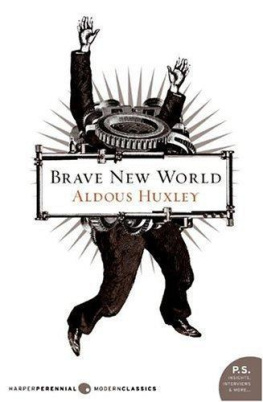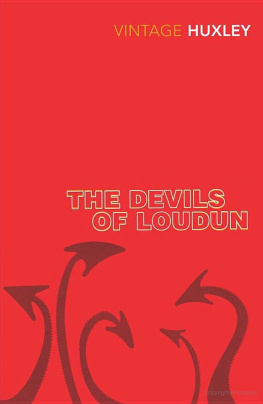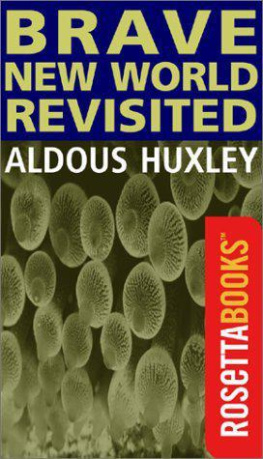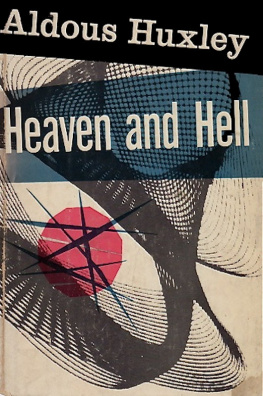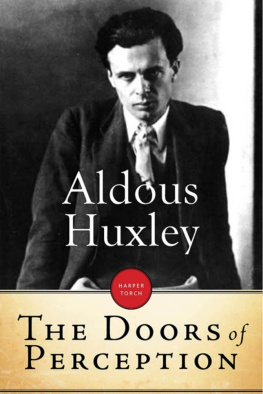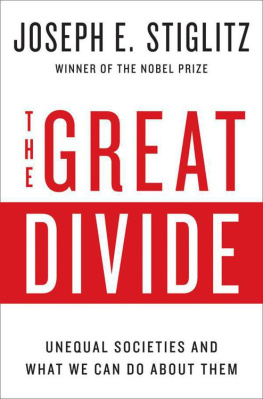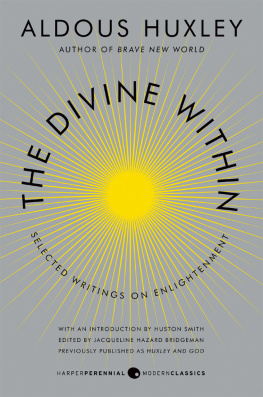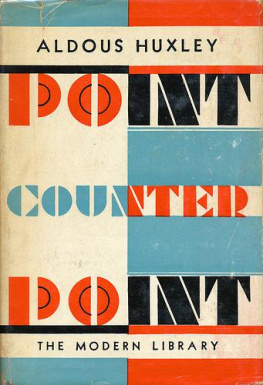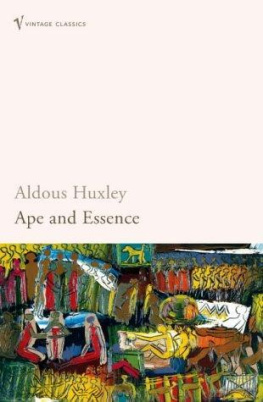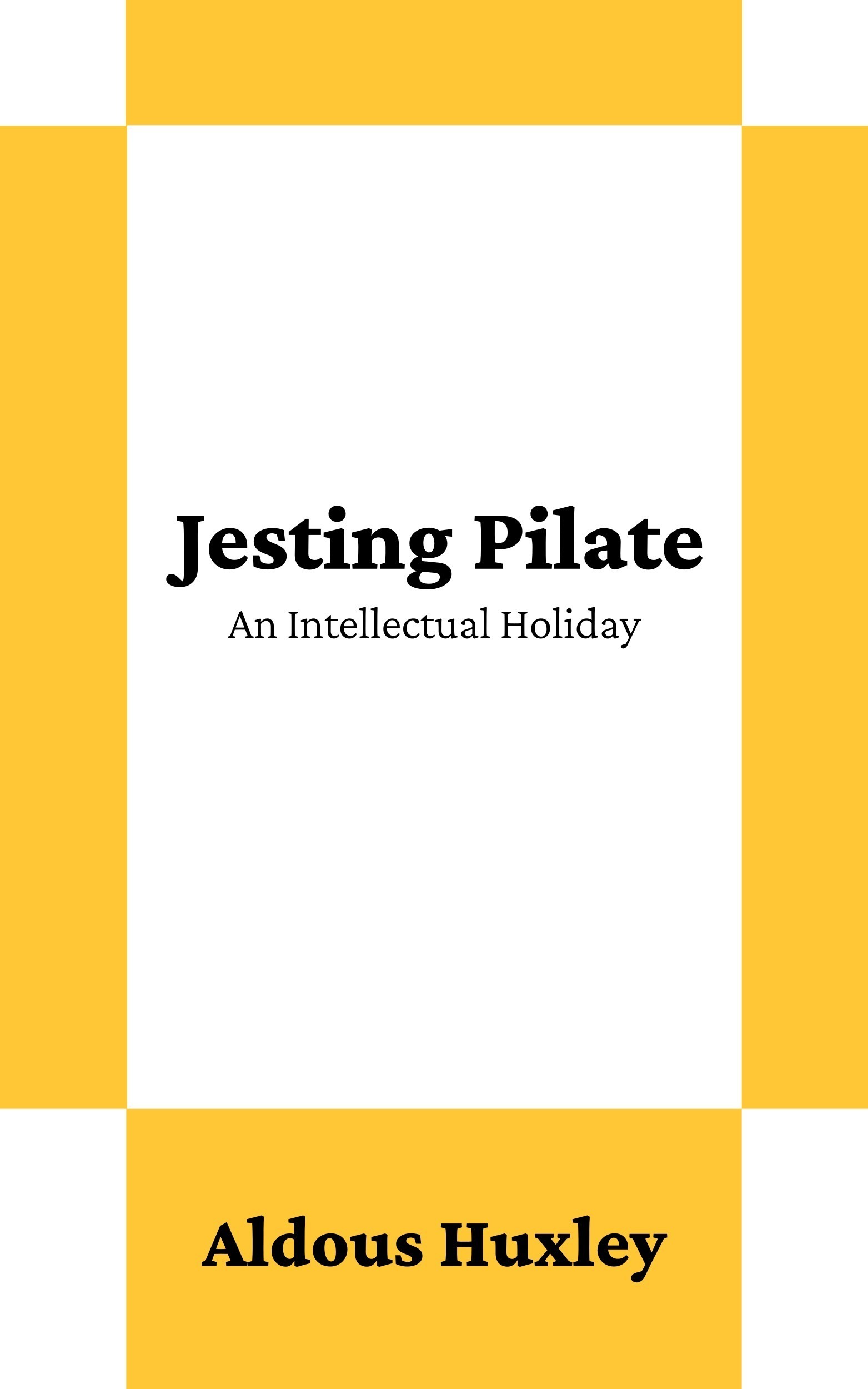ALDOUS HUXLEY
Jesting Pilate
An Intellectual Holiday
First published by GEORGE H. DORAN COMPANY 1926
Copyright 1926 by ALDOUS HUXLEY
All rights reserved. No part of this publication may be reproduced, stored or transmitted in any form or by any means, electronic, mechanical, photocopying, recording, scanning, or otherwise without written permission from the publisher. It is illegal to copy this book, post it to a website, or distribute it by any other means without permission.
First edition
This book was professionally typeset on Reedsy
Find out more at reedsy.com
What is Truth? said Jesting Pilate, and would not stay for an answer
Francis Bacon
I
INDIA & BURMA
PORT SAID
T HE after-hatch was off. Hung high above the opening, the electric lights glared down into the deep square well of the hold. The watcher, leaning over the brink of the well, shouted and waved his arms. The donkey-engine rattled responsively. Twenty sacks of potatoes came rushing up from the depths. Ten feet above the level of the deck, they were swung sideways by the transverse pull of a second rope, hung suspended for a moment beyond the gunwale, then, at another signal from the watcher, dropped down into the waiting lighter. The watcher raised his hand again; again the engine rattled. Two empty loops of rope came up over the ships side, whipped across the deck and went down, writhing like living snakes, into the well. At the bottom, far down, little men caught at the trailing ropes, piled up the sacks, made fast. The watcher shouted. Yet another quintal of potatoes came rushing up, swung sideways, dropped out of sight over the edge of the ship. And so it continued, all the night. Curiously, admiringly, and at last with a growing sense of horror, I looked on. Moving bits of matter from one point of the worlds surface to anothermans whole activity. And the wisdom of the East, I reflected, consists in the affirmation that it is better to leave the bits of matter where they are. Up to a point, no doubt, the sages of the East are right. There are many bits of matter which might be left in their place and nobody would be any the worse. These particles of ink, for example, which I so laboriously transfer from their bottle to the surface of the paper
We landedin what a sink! At Port Said they speak all languages, accept every currency. But their exchange is robbery and they employ their gift of tongues only for cheating. The staple industry of the place seems to be the manufacture and sale of indecent photographs. They are stocked in almost every shop; they are pressed upon youat prices that decline astonishingly, as you walk away, from a sovereign to half a crown by every loafer. The copiousness of the supply is proof of a correspondingly large demand for these wares by passing travellers. In these matters, it seems, many people are more agreeably excited by the representationwhether pictorial or verbal than by carnal reality. It is a curious psychological fact, for which I can find no complete explanation.
IN THE RED SEA
T ALKING with Europeans who live and work in the East, I find that, if they love the East (which they mostly do), it is always for the same reason. In the East, they say, a man is somebody;
he has authority and is looked up to; he knows all the people who matter and is known. At home, he is lost in the crowd, he does not count, he is nobody. Life in the East satisfies the profoundest and most powerful of all the instinctsthat of self-assertion. The young man who goes out from a London suburb to take up a clerkship in India finds himself a member of a small ruling community; he has slavish servants to order about, dark-skinned subordinates to whom it is right and proper to be rude. Three hundred and twenty million Indians surround him; he feels incomparably superior to them all, from the coolie to the maharaja, from the untouchable to the thorough-bred Brahmin, from the illiterate peasant to the holder of half a dozen European degrees. He may be ill-bred, stupid, uneducated; no matter. His skin is white. Superiority in India is a question of epiderms. No wonder if he loves the East. For the European, Eastern conditions of life are a kind of intoxicant. But the tipsiness they produce is more satisfactory than that which results from the absorption of whisky. Alcohol, as the anonymous poet has said:
Bids valour burgeon in strong men,
Quickens the poets wit and pen,
Despises fate.
But the sense of power which it gives, the feeling of grandeur and importance, are purely illusory and do not last. The intoxication of the East is permanent, and the sense of greatness is not entirely an illusion. The commercial traveller who goes East is really a greater man (so long as he remains in the East) than his colleague in patent medicines at home. Sobriety supervenes only when he returns to Europe. In the West he finds his natural place in the social hierarchy. One out of Londons suburban millions, he feels homesick for the East. It is not to be wondered at. What man likes to be sediment, when he might float gallantly on the sunlit surface?
AT SEA
E VERYBODY in the ship menaces us with the prospect of a very good time in India. A good time means going to the races, playing bridge, drinking cocktails, dancing till four in the morning, and talking about nothing. And meanwhile the beautiful, the incredible world in which we live awaits our exploration, and life is short, and time flows stanchlessly, like blood from a mortal wound. And there is all knowledge, all art. There are men and women, the innumerable living, and, in books, the souls of those dead who deserved to be immortal. Heaven preserve me, in such a world, from having a Good Time! Heaven helps those who help themselves. I shall see to it that my time in India is as bad as I can make it.
BOMBAY
O N the quay, awaiting the disembarkment of their relatives on board our ship, stand four or five Parsi ladiesall ugly, as only members of that exclusive, inbred race can be ugly. They wear Indian saris, with European blouses, stockings, and high-heeled canvas shoes. In one hand they hold black umbrellas, in the other garlands of flowers. The black umbrellas are for use against the sun; the wreaths of tuberoses and oleanders are to hang round the necks of their returning friends. One of the ladies, we are confidentially informed, is an eminent woman doctor.
A dozen coolies, thin-limbed like spider-monkeys, are drafted to wheel up the gangway. They lay their hands on it, they simultaneously utter a loud cry-in the hope, evidently, that the gangway will take fright and move of its own accord. But their faith is insufficient; the gangway does not stir. Sadly, with sighs, they make up their mind to shove. A vulgar, commonplace, and tiring method of making things move. But at least it works. The gangway rolls across the quay, is hoisted into position. Passengers begin to leave the ship. The friends and relations of the Parsi ladies at last come down the plank. They are embraced, lassoed with flowers, and led off to the attendant Hupmobiles and Overlands behind the Custom House. It is our first view of the East.
The brown skins, the bare feet, the nose-rings, the humped bullocksall these things were foreseeable, seemed obvious and familiar from the moment of landing. The really odd, unexpected thing about Bombay was its birds. There are more birds in the streets of this million-peopled city than in an English woodland. Huge kites, their wings spread and unmoving, go soaring along the thoroughfares, effortlessly keeping pace with the traffic below. Innumerable grey-headed crows fly hither and thither, sit perched on every roof, every sill and wire. Their cawing is the fundamental bass to every other sound in Bombay, Kites and crows do useful scavenging work, and Bombay, which produces much garbage and few dustmen, keeps them well employed and copiously fed. Nobody, in this land where the killing of animals is all but murder, does them or their nests any harm. They increase and multiply, they are astonishingly unafraid. All over India we were to find the same abundance of bird life, the same trustful absence of fear. Coming from Italy, where, for nine months of the year, while


